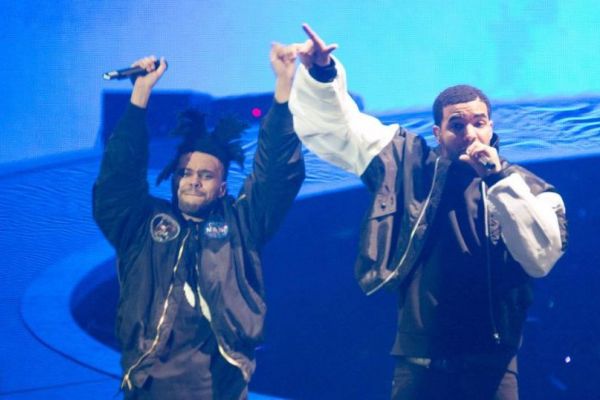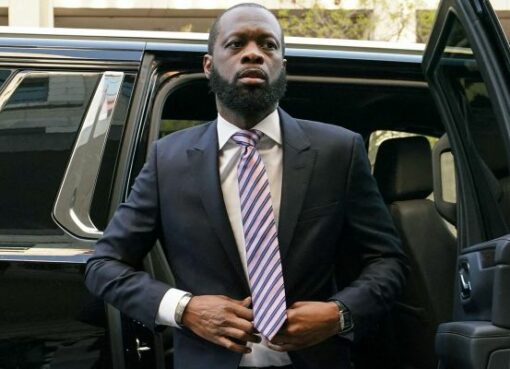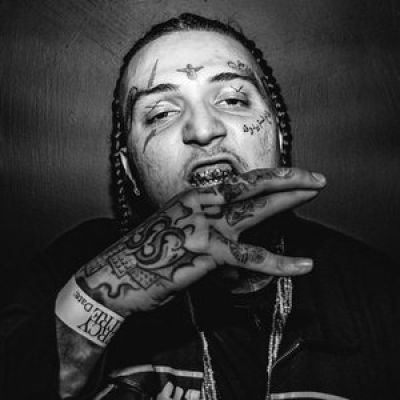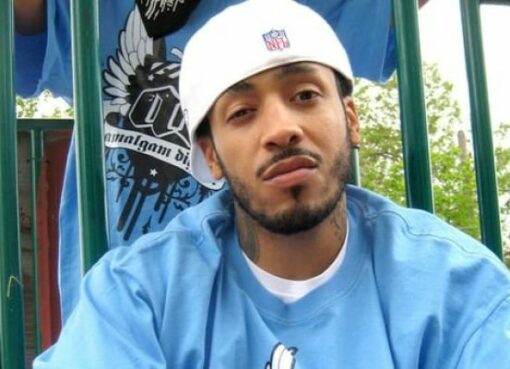A song that clones the vocals of Drake and The Weeknd using Artificial Intelligence has gone viral on social media. Heart On My Sleeve simulates the two artists exchanging verses about Selena Gomez, a pop star and actress who previously dated The Weeknd.
The creator, identified as @ghostwriter, asserts that the composition was created by software trained on the voices of the musicians.
“This is just the beginning,” they noted beneath the YouTube video of the song.
“We truly are in a new era,” commented one listener in the discussion thread. “Can’t even tell what’s real and what’s not.”
Mckay Wrigley, an AI developer, stated on Twitter,
“This is the first instance of AI-generated music that truly impressed me.”
Since its release on Friday, the song has been viewed on TikTok more than 8.5 million times. Additionally, the complete version has been streamed 254,000 times on Spotify.
It begins with a repetitive piano figure that transitions into a booming bass rhythm as the artificial intelligence Drake raps,
“I came in with my ex like Selena to flex/ Bumpin’ Justin Bieber, the fever ain’t left.”
The false Weeknd responds with a verse in which he “alleges” that Gomez cheated on him prior to their 2017 breakup.
Even producer Metro Boomin’, who has worked with 21 Savage, Future, Nicki Minaj, and Kanye West, is acknowledged in the song.
It is not flawless. The song has the rough, low-quality sound of a pirated demo, and the vocals are occasionally slurred and garbled, which are likely artifacts of the AI process.
Neither artist has yet responded to the recording, but Drake recently voiced his displeasure over the cloning of his voice.
“This is the final straw, AI,” he wrote on Instagram after discovering a fan-made video of him rhyming the Ice Spice song Munch (Feeling U).
Drake’s complaint followed a request from Universal Music Group to Spotify, Apple Music, and other streaming services to prevent artificial intelligence companies from accessing their libraries.
It is believed that companies have used music to “train” their software.
“We will not hesitate to take steps to protect our rights and those of our artists,” UMG warned in an email obtained by the Financial Times.
Several websites already provide fans with the ability to create new tracks using soundalikes of the voices of pop’s most popular artists.
David Guetta recently used the website uberduck.ai to imitate Eminem’s vocal and incorporate it into one of his instrumentals.
“I am confident that AI is the future of music,” he told the BBC.
He stated,
“however, that the technology could only be beneficial “as a tool” – similar to the drum machine and sampler before it.”
He stated,
“Nothing can replace taste.” “What defines an artist is a certain taste, a certain type of emotion to express, and the use of all the modern instruments to do so.”
Other recently popular faked songs include a “deep fake” of Rihanna singing Beyoncé’s “Cuff It” and a cloned Kanye West performing the acoustic lament “Hey There, Delilah.”
Rapid technological advancement has shaken the music industry. Heart On My Sleeve, for instance, does not violate copyright because it appears to be a completely original composition.
The author has also made it clear that Drake and The Weeknd were not involved in the creation of the song, which should (theoretically) protect them from a “passing off” claim, in which they profit by deceiving the audience into believing the song is authentic.
In response, a large coalition of musicians and artists have launched the “Human Artistry Campaign” with the goal of ensuring that artificial intelligence does not “erode” human creativity.
The group, backed by the Recording Industry Association of America, the Association of Independent Music, and the BPI (which organizes the Brits), has defined seven principles advocating AI best practices and emphasized that only music created by humans should receive copyright protection.
Upon initiating the initiative, Recording Academy CEO Harvey Mason Jr. stated,
“AI has tremendous potential, but it also poses risks to our creative community.”
“It’s crucial that we get this right early on so that we don’t risk losing the artistic magic that only humans can create.”
Also Read: A Look At The Success And Relationships Of Joan- Baez




